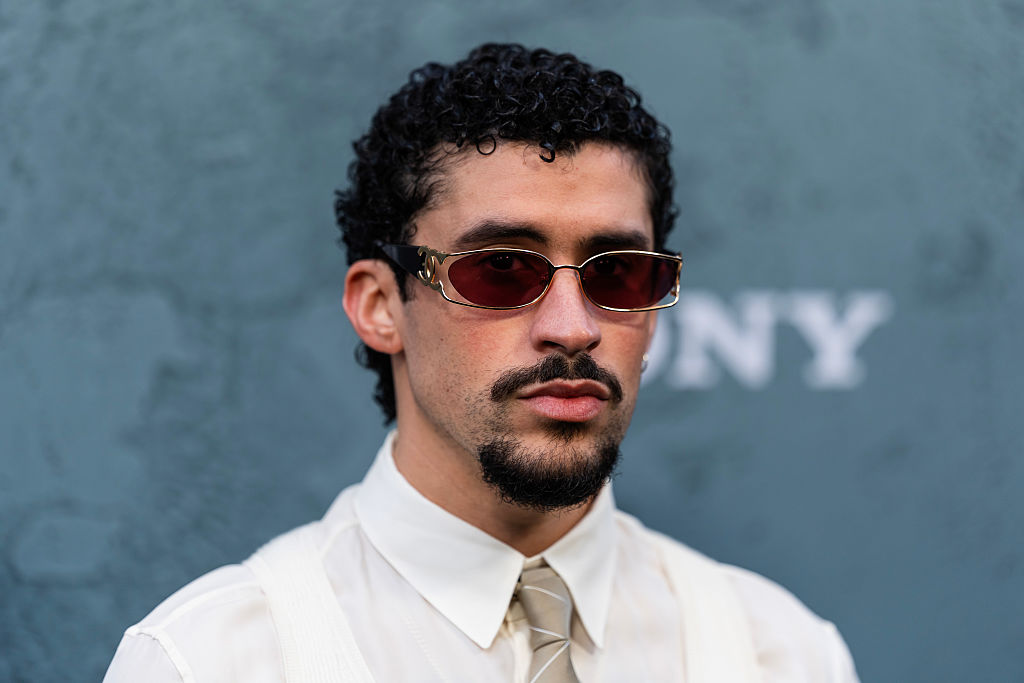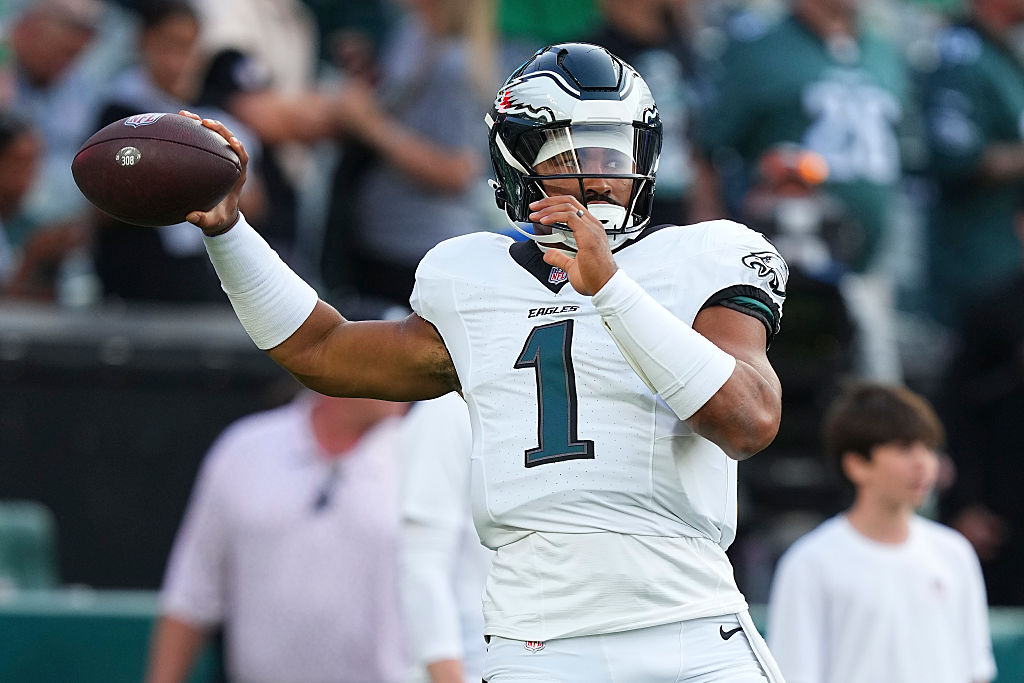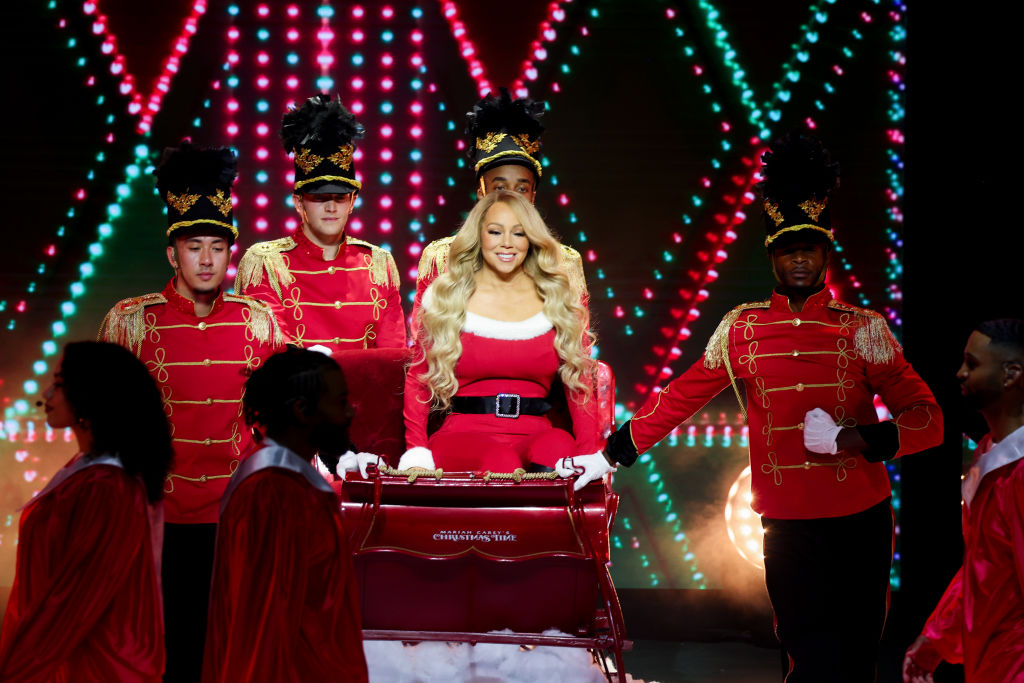Bad Bunny Super Bowl Halftime Pick Reactions From Black People
Real Recognize Real: Black Social Media Users Rally Around Bad Bunny Super Bowl Halftime Pick

When the NFL officially named Bad Bunny as the headliner for the Super Bowl LX halftime show (February 8, 2026, at Levi’s Stadium in Santa Clara), it immediately became one of the more politically charged musical announcements in recent memory. Bad Bunny emotionally dedicated the choice to his culture and to those who came before him, stating, “This is for my people, my culture and our history.” In his mind, the forthcoming performance is more than a concert; it’s a symbolic statement. While artists often push back against political readings of their work, the context of this situation suggests that people will inherently see Bad Bunny’s performance as both cultural and political.
Unsurprisingly, conservative commentators have pushed back hard. Part of the criticism centers on the fact that the majority of Bad Bunny’s catalog is in Spanish (not English), which to some disqualifies him from headlining what they see as a major “American event.” Other critics have attacked his stances on immigration. The 31-year-old has publicly declined to tour the U.S. in recent years over concerns about ICE enforcement and he safety of his largely Latinx fan base. There are also conservatives out there who view the choice as a “middle finger to MAGA,” questioning Bad Bunny’s patriotism and implying he is anti-American. Former race car driver Danica Patrick took to social media with her thoughts, claiming artists at a marquee American event should “sing only in English.” On a more aggressive note, Trump adviser Corey Lewandowski even floated the possibility that ICE agents would be present at the big game. With his statements, he asserted that no place, not even the Super Bowl, is a safe haven for undocumented people. All in all, many conservative pundits consider the selection not just as an entertainment choice, but a cultural and political signal they disapprove of.
RELATED: The Ultimate Bad Bunny Super Bowl 2026 Setlist: Songs He Could Perform
Ironically, the complete opposite can be said about Black social media users. They have united in strong numbers to support Bad Bunny, viewing it as a victory for cultural representation, multilingualism, and defiance against the status quo. Black creators have flooded the internet with memes, threads, and videos celebrating the fact that an artist of Latinx identity is being granted such a massive platform. It’s even more liberating, considering that Bad Bunny has always been unapologetically expressive about identity, resistance, and intersectionality. A large number of people view his performance as an expansion of what it means to be American, one that is not limited by race or language. Additionally, Black supporters see parallels between Bad Bunny and Black artists, who use their visibility to challenge exclusion. While this choice has sent conservatives into a complete uproar, Black fans are welcoming the moment with jubilation and unity.
The reasons that Black users find Bad Bunny’s selection compelling are very layered. First, there is a longer shared history in Black and Latinx communities of using culture and music to assert identity, demand space, and defy erasure. This moment echoes how Black artists throughout history have broken boundaries in genres, in language, and in public visibility. Next, we have to look at Bad Bunny’s own persona. He embraces gender fluidity in fashion, rejects rigid binaries, and strikes a balance between politics and mass appeal. This aligns with models of cultural defiance that many Black audiences have long identified with. Third, the backlash itself helps clarify what’s at stake. The negative reactions from right-wing factions position Bad Bunny, by default, as someone whose presence unsettles exclusionary norms. This only further amplifies the symbolic value of the choice to many supporters. Logically, it makes perfect sense as a rallying point. It’s easy for Black people to get behind a Latinx artist who has elevated himself to one of America’s biggest stage because it’s easy to relate to being denied access to certain spaces.
There are a few more factors to consider, as well. Bad Bunny is actually a U.S. citizen by virtue of Puerto Rican citizenship, so questions about his immigration status are wildly misleading. The Super Bowl’s halftime show is part of an arrangement with Roc Nation, which has produced prior halftime shows and has been involved in programming choices. It comes as no surprise that Jay-Z personally called Bad Bunny to share the news. The decision feels like a continuation of what we’ve been seeing in recent years from the NFL—an openness to more diverse headliners. Since Roc Nation partnered with the NFL in 2019, we’ve seen the likes of Jennifer Lopez, Shakira, Rihanna, Dr. Dre, Usher, Kendrick Lamar, SZA, and more. The change has been in front of us for quite some time. While music purists may still debate how the halftime set will be staged, for many communities (Latinx, Black, queer, bilingual), this moment represents both cultural affirmation and political resistance.











